New dawn or new storm? Truss’s best hope is to be a pragmatist
Liz Truss could confound our miserable expectations by breaking open the ideological box she’s confined herself to.
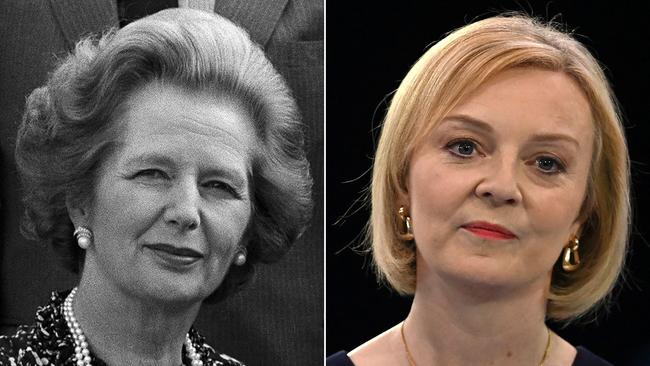
HM Queen Elizabeth, meet PM Elizabeth. Unless the polls have been wildly off, tomorrow Liz Truss will whiz up to Balmoral to shake on the deal before whizzing back for her speech in Downing Street. Will there be ticker-tape parades, orgies of flag-waving, spontaneous embraces like that of the amorous sailor on VJ Day? We can safely assume not, for never has a premiership begun with such low expectations.
Some prime ministers enter No 10 with the roar of the crowd at their back, most notably Tony “a new dawn has broken” Blair. The Cameron-Clegg alliance was, perhaps due to its novelty, accompanied by a degree of public optimism. Even Boris Johnson came in with a bounce.
The beginning of this premiership feels less “new dawn breaking” than new storm brewing. To be fair to Truss, the prime ministerial in-tray is a thing of horror: energy bills threatening to impoverish millions; rampant inflation; perma-crisis in the NHS and social care; strikes; sewage leaks; the sense that nothing works.
All of this might be a little less ominous if the public had faith that a new broom meant new hope. Alas, most of us don’t. According to YouGov, Truss is liked by only 21 per cent of the public. Of those who voted Tory in 2019, a full 50 per cent distrust her.
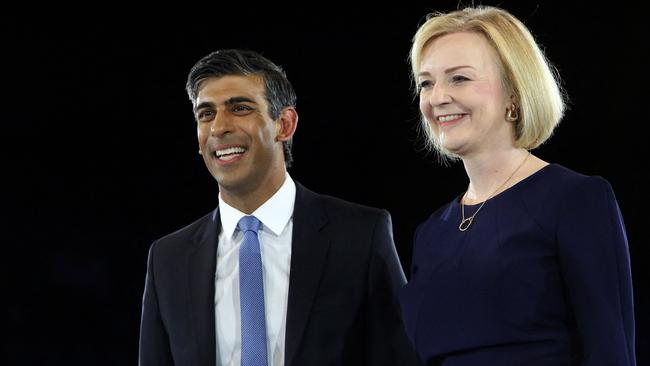
Expectations for the Truss premiership are not just low, they are bumping along the floor. But perhaps, perversely, there is a gift in all this for our new prime minister. The old English proverb goes that “blessed is he who expects nothing, for he shall never be disappointed”. It might be updated for Truss: blessed is she of whom nothing is expected, for she may not disappoint; indeed, she may find it easier to surprise.
How best could Truss surprise us, and confound our rather miserable expectations? By breaking open the ideological box that she has confined herself to.
Our new prime minister’s rigidity is her least appealing and most unhelpful trait. Like a robot that has been programmed to move in one, and only one, direction, this liberty-loving, free market-defending, tax-cutting automaton cannot seem to change course (or her mind) whatever lies ahead. To warnings of “Energy crisis ahead! Major state intervention required!” the robot can only repeat “Tax cuts, no hand-outs, tax cuts, no hand-outs” as though a microchip has glitched. Programmed with The Road to Serfdom 25 years ago, its algorithms have been set ever since.
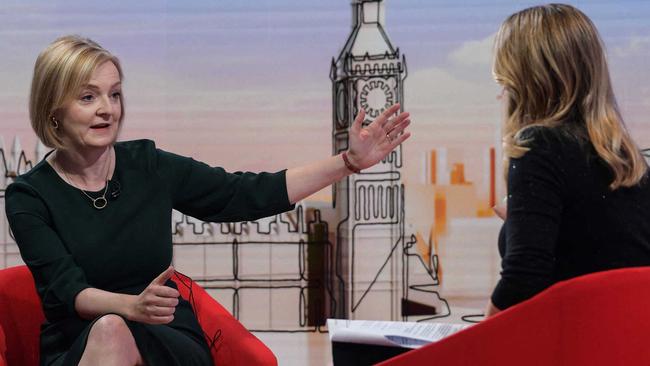
This rigidity has led her to lay down some extraordinarily bold red lines: no further “handouts” to help people with the cost of living; no windfall tax; no new taxes at all; no energy rationing this winter; no lockdowns ever again. How the audience at the hustings applauded: wait-and-see is for wets! To Truss fans such ideological certainty is evidence of Thatcherite strength, and thus true Conservatism. “This is what we believe!” Thatcher once famously cried, brandishing her copy of Hayek’s The Constitution of Liberty.
Yet before Thatcher came the long era of Tory pragmatism, which wrinkled its nose at the doctrinaire. “Circumstances … give, in reality, to every political principle its distinguishing colour and discriminating effect,” mused Burke. “There are no absolute truths or principles in politics,” said Lord Salisbury. Balfour’s principles were those “of common sense … to do what seems to be the right thing in a given taste”. Though their words might carry the whiff of drawing room cigar smoke, there is something deeply appealing in old Tory pragmatism.
What would such a Tory do now? Conservatives might dislike the messiness of redistributing money through “handouts”, but a pragmatist would recognise that reversing the national insurance rise and cutting VAT aren’t the targeted help that is desperately needed. The former would do nothing for pensioners, while the latter misses the mark for those on low incomes, given that most of the supermarket shop is already zero-rated.
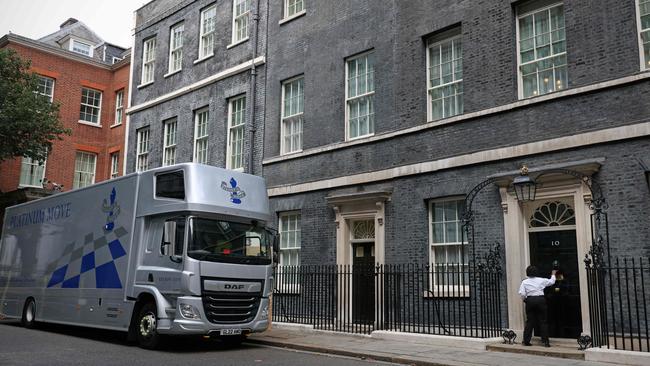
Conservatives might wish for a broad program of tax cuts but a pragmatist would recognise that, on top of emergency bailouts for energy bills, the extra borrowing required will hit market confidence when it is already falling: see the pound’s recent plummet against the dollar.
Conservatives might feel impatient with calls for renationalisation but a pragmatist would recognise that the privatisation of energy and water has not been a roaring success for consumers, and so would be open-minded to ways of making these operate less like rigged markets and more like free ones.
Conservatives might long for a “read my lips: no new taxes” moment but a pragmatist would remember that George HW Bush’s lips lied eventually when reality interceded, and they would think it wise not to create their own hostage to fortune as we head into an economic storm.
Conservatives might be wary of windfall taxes, but a pragmatist would recognise that when UK gas and electricity companies may make excess profits of up to £170 billion over the next couple of years, and when some elderly people will be planning to stay in bed all winter to stay warm, basic fairness begs for action.
Of course, it is admirable for politicians to be principled but those principles should be lode stars to guide their journey, not rails that they run on every inch of the way. The current moment demands more ideological flexibility than Truss has offered so far – and there is a huge amount of political capital to be made here too.
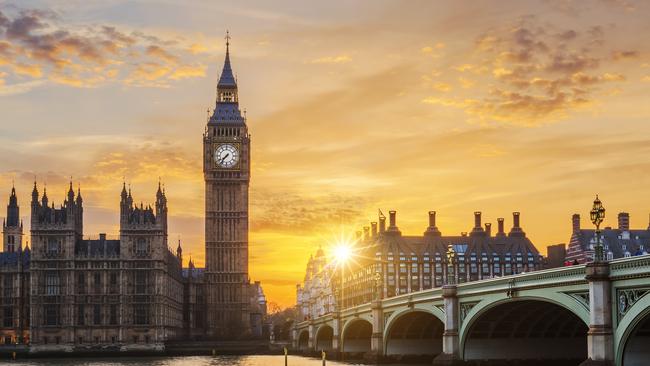
Sure, there is a tribe of voters that has lapped up Truss’s certitude but the great mass of middle England is wearied by tribalism. After years of Brexit rancour and culture war spats we wish for a leader who does not sit so firmly in one camp or another and who knows that, to quote Third Way-era Blair, “what matters is what works”.
Some may doubt that Truss has the capacity for such flexibility but her back story suggests otherwise. Rishi Sunak was foolish to raise her years as a student Liberal Democrat as some dirty secret, for this is nothing to be ashamed of; quite the opposite. From a strongly left-wing, academic, campaigning background, the young Truss thought her way into Conservatism rather than just being born into it. This is to her credit, and it hints, tantalisingly, at the potential for flexibility.
In her opening weeks as prime minister Truss has a choice: confirm the widespread suspicion that she is slave to an ideology or try a different tack: humbler, more consensual, more flexible. For the sake of the nation we must hope she chooses pragmatism over principle. Much more than one woman’s reputation is at stake.
The Times

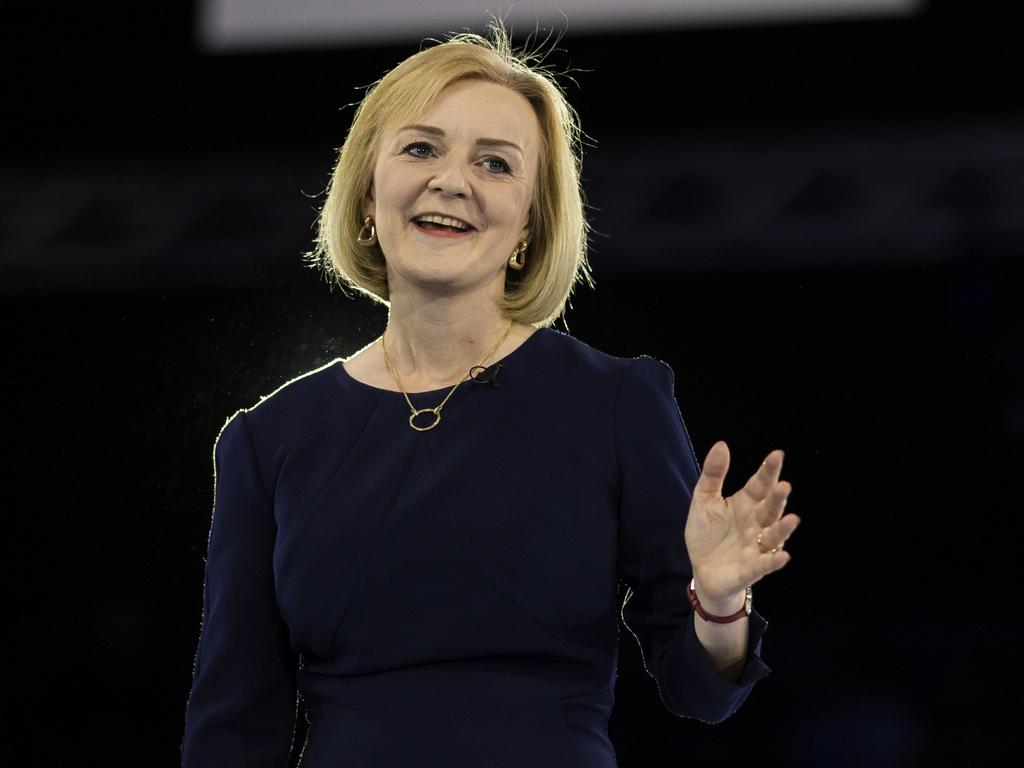
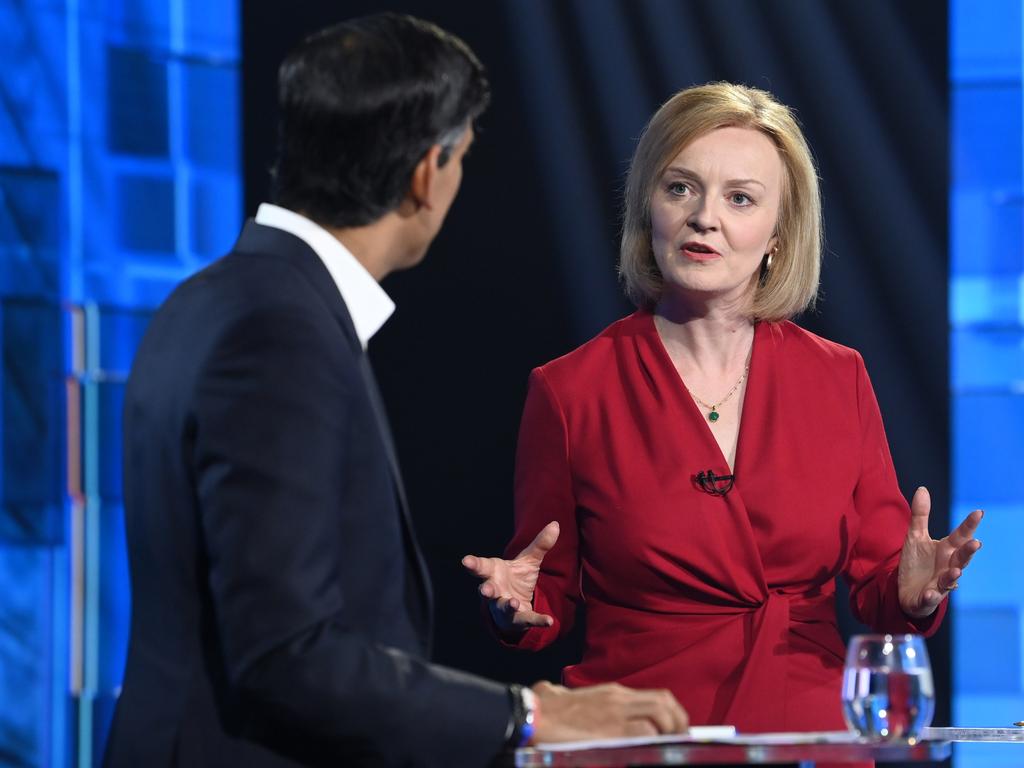
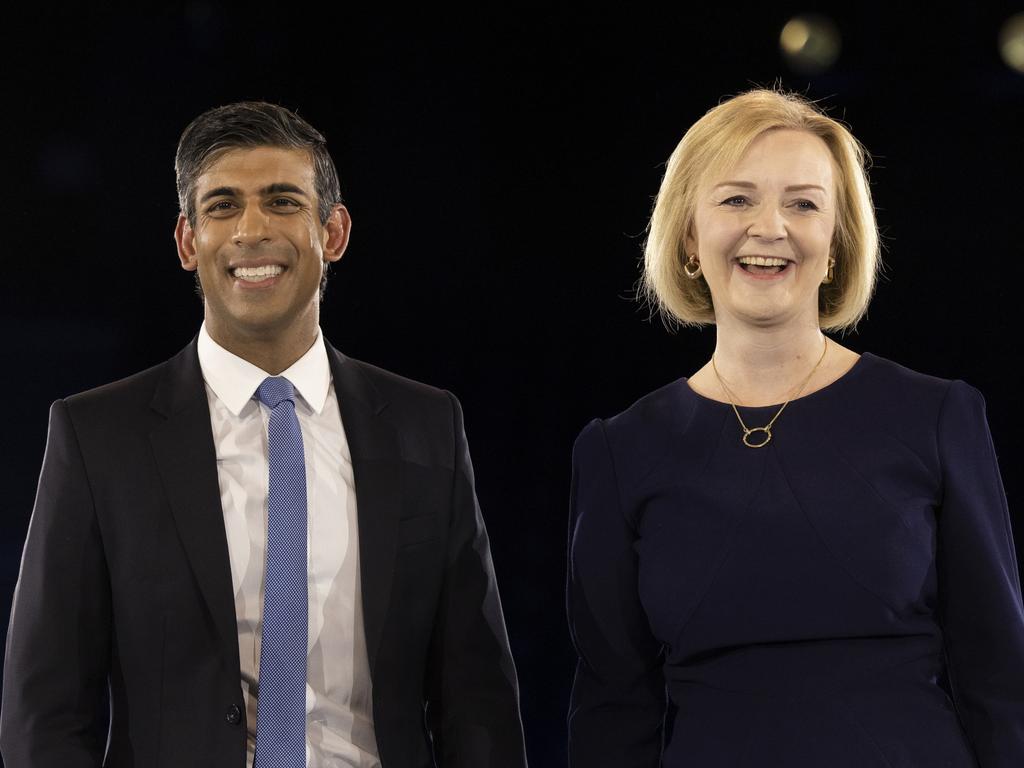
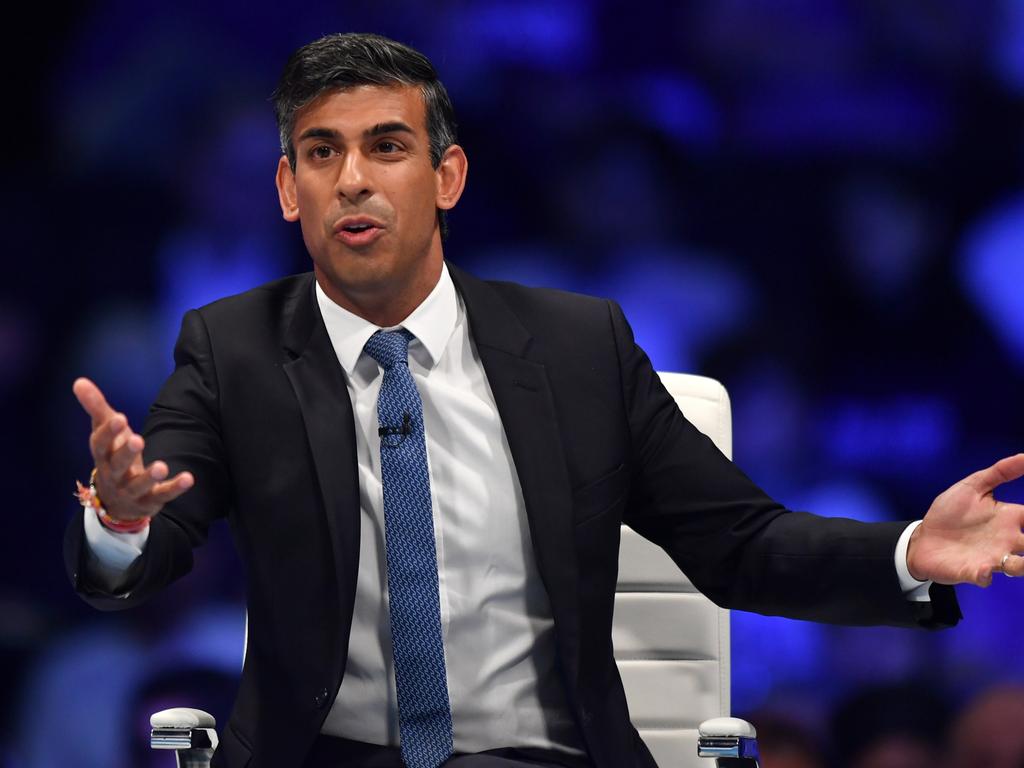


To join the conversation, please log in. Don't have an account? Register
Join the conversation, you are commenting as Logout